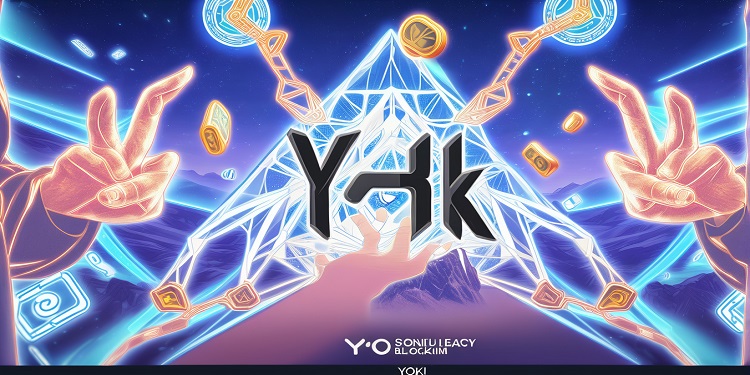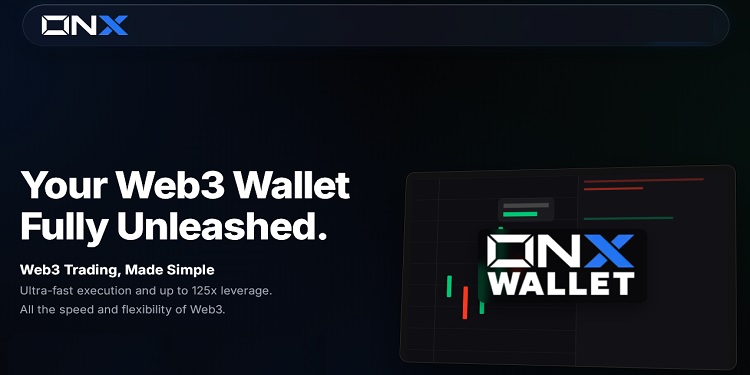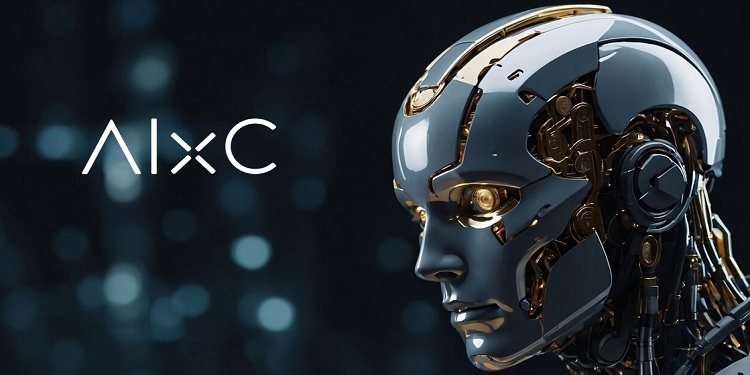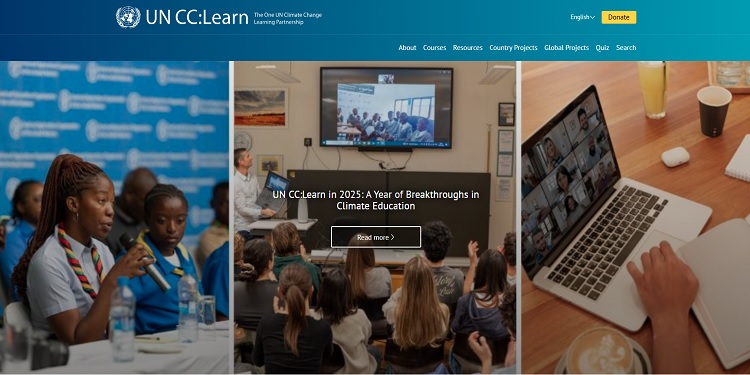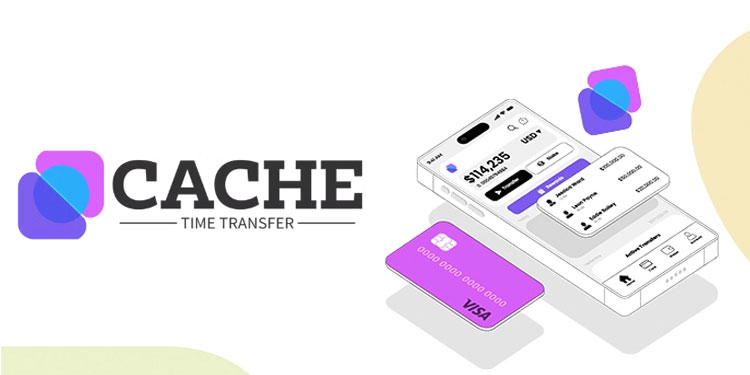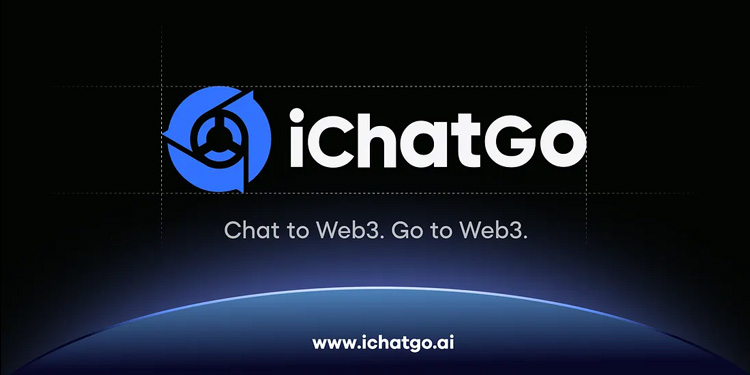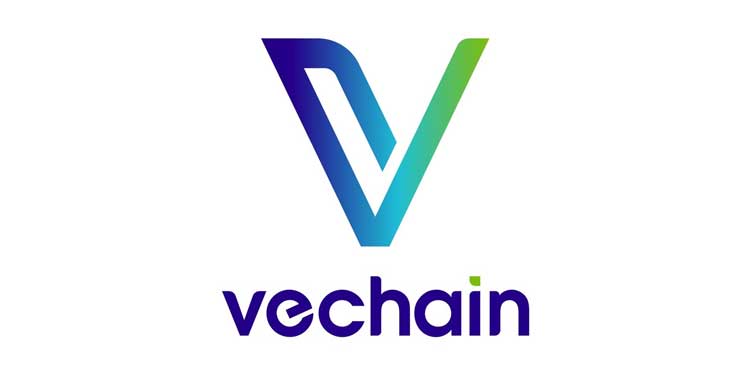Astar, a Web3-focused collective rooted in Japan, has announced the relaunch of its digital collectible game Yoki Origins under a new name—Yoki Legacy—on Sony’s Soneium blockchain. The move reflects a strategic shift that aligns the project with a more creator-focused ecosystem and is expected to boost engagement across the decentralized entertainment space.
Originally launched on the Astar Network in collaboration with partners such as Casio, Japan Airlines, JR Kyushu Railway Company, Quickswap, and Rarible, Yoki Origins was designed as an interactive, NFT-based adventure game. Its successful debut had driven significant user activity, including the creation of over 59,000 unique player addresses and the minting of 2.5 million Yoki-themed NFTs. With participation from 40 different projects, the platform gained considerable traction in the Web3 gaming community.
Astar Foundation has expressed that moving the project to Soneium—a Layer 2 blockchain developed by Sony’s Block Solutions Lab—will ensure that Yoki remains accessible within an infrastructure tailored to support intellectual property-driven content and creativity. The foundation believes that Soneium’s design, which emphasizes accessibility and empowerment for creators and developers, makes it a fitting new home for Yoki Legacy.
Soneium’s overarching goal is to serve as a blockchain that offers scalability, efficiency, and practical solutions across sectors such as entertainment, finance, and gaming. Its development has been backed by a network of high-profile Web3 collaborators including Astar Network, Circle, Optimism, Alchemy, The Graph, and Chainlink. Sony has positioned the platform to support innovative decentralized applications that solve real-world problems while enabling seamless user interaction.
With its rebranding as Yoki Legacy, the game introduces a simplified format. The revised mechanics now feature 24 Yokis—half of the original 48—divided into 12 basic and 12 evolved types. Players can now fuse three identical basic Yokis to generate an evolved version, a move designed to streamline the user experience and make the game more accessible to a broader audience.
The in-game token has also undergone a rebranding. Formerly known as Omamori (OMA), the currency is now referred to as OMASTR, signaling a deeper integration with the Astar ecosystem. Players can mint OMASTR on Soneium using Astar’s native ASTR token, with no daily minting cap. This enhancement aims to provide greater flexibility and expand the token’s utility across the platform.
OMASTR remains central to the game’s capsule machine system, where users spend tokens to receive Yokis through randomized spins. The revamped capsule mechanic now includes three distinct machines and four types of capsules, each offering different Yokis, adding layers of excitement and collectibility to gameplay.
To further drive user participation, the Astar Foundation has launched the Astar Contribution Score (ACS) initiative, featuring a reward pool of 100 million ASTR. Players earn ACS points by minting Yokis, fusing them, and completing their collectible notebooks. At the time of launch, two million ACS points are available, with the possibility of more being introduced in the future.
A special reward is also being offered to early participants. Players who complete their Yoki notebook by June 1 will be awarded a unique Yoki OG Badge. According to Sony, this badge represents more than just a digital token—it serves as a recognition of a user’s role in supporting the Soneium ecosystem and reflects their early contribution to its growth and development.
This relaunch underlines the evolving nature of blockchain-powered entertainment and the strategic partnerships that are helping to push the boundaries of what is possible in decentralized gaming experiences.

